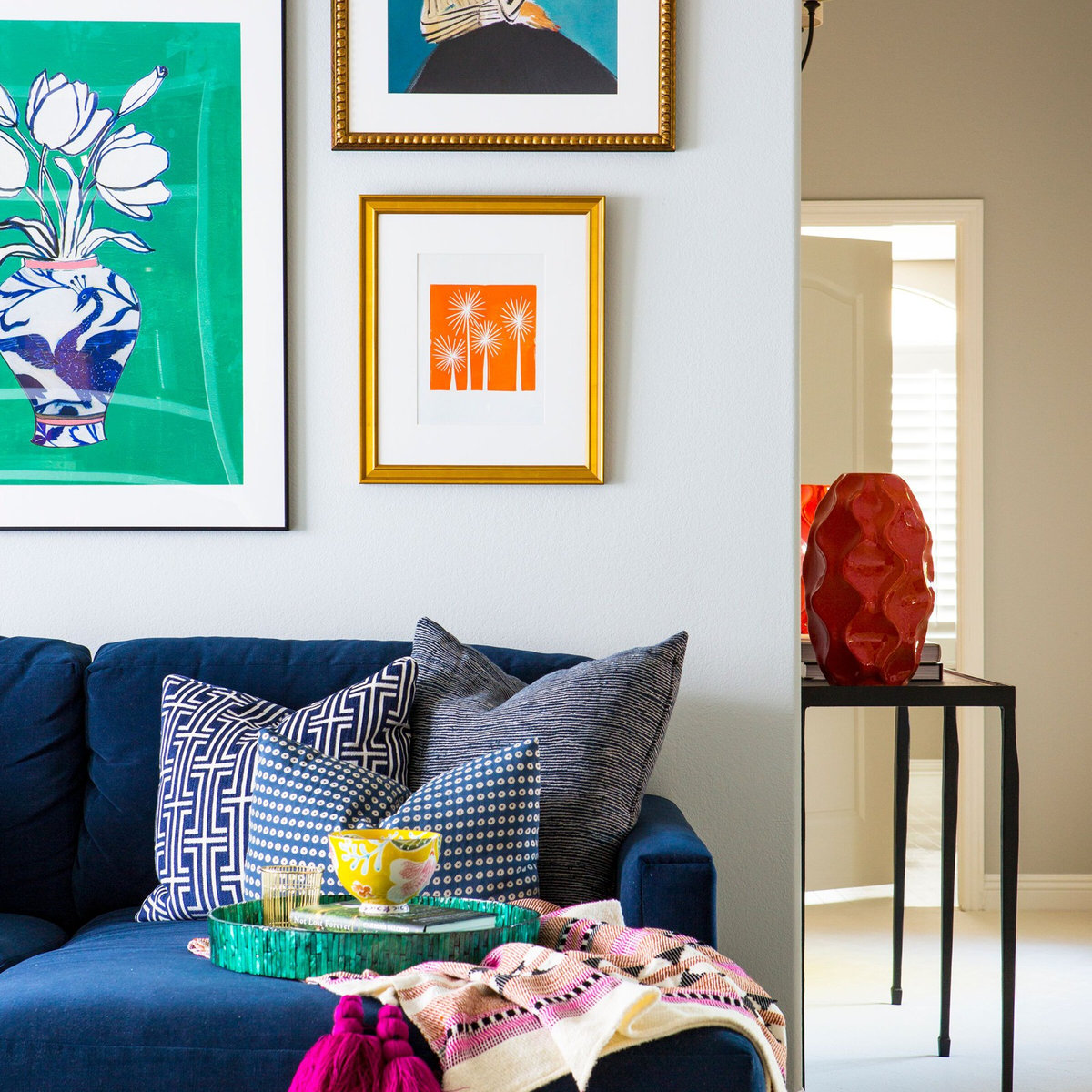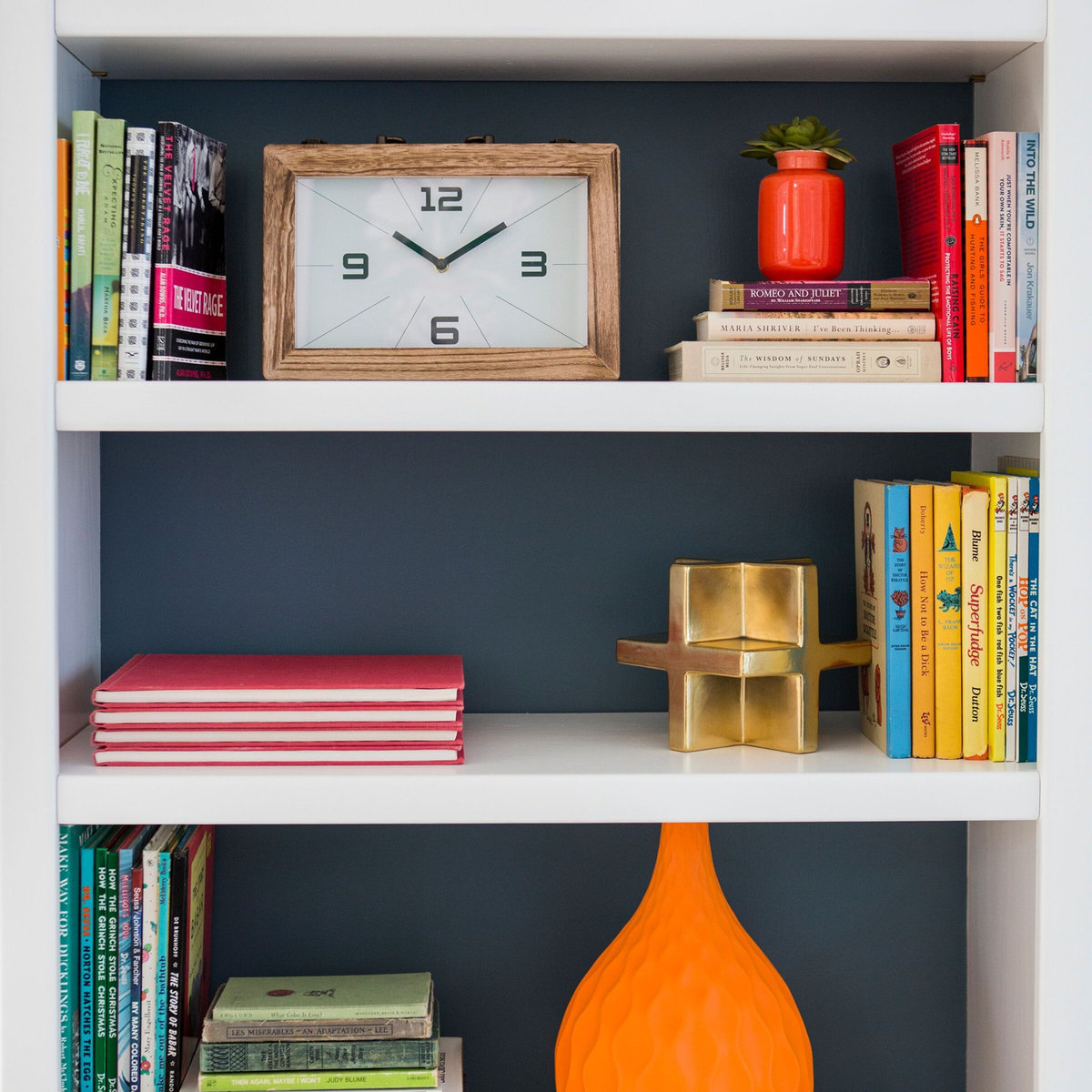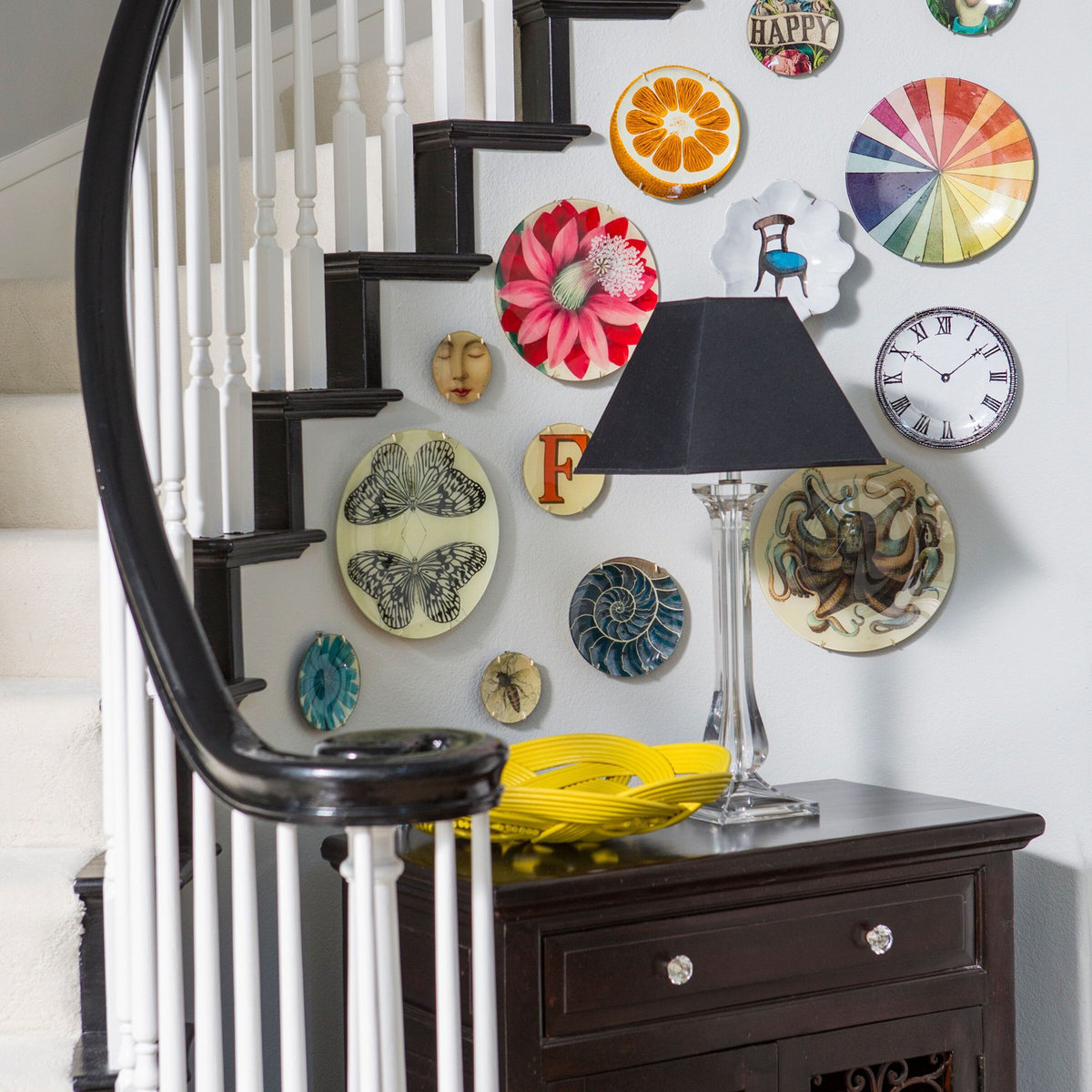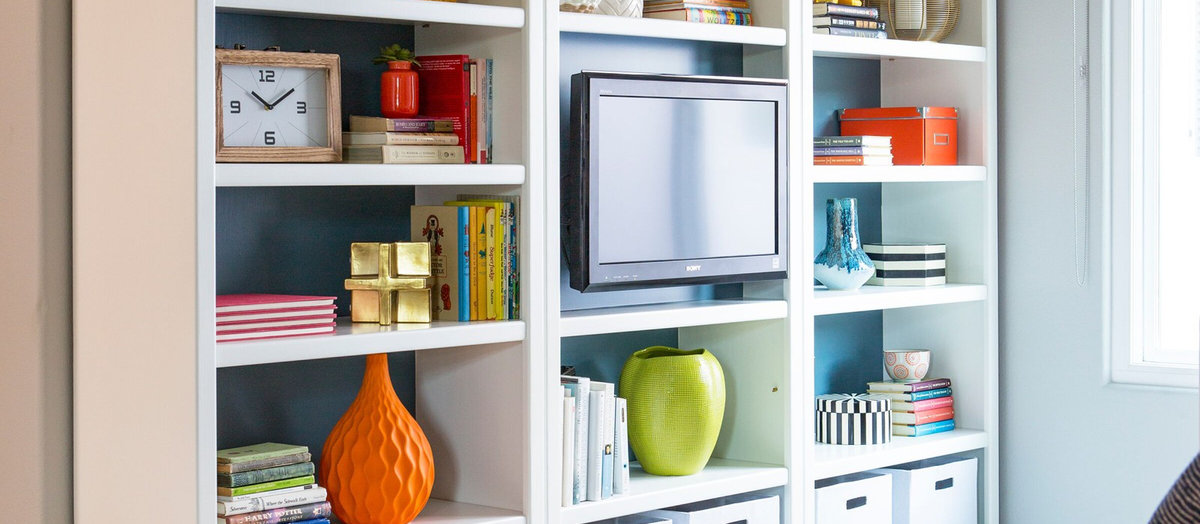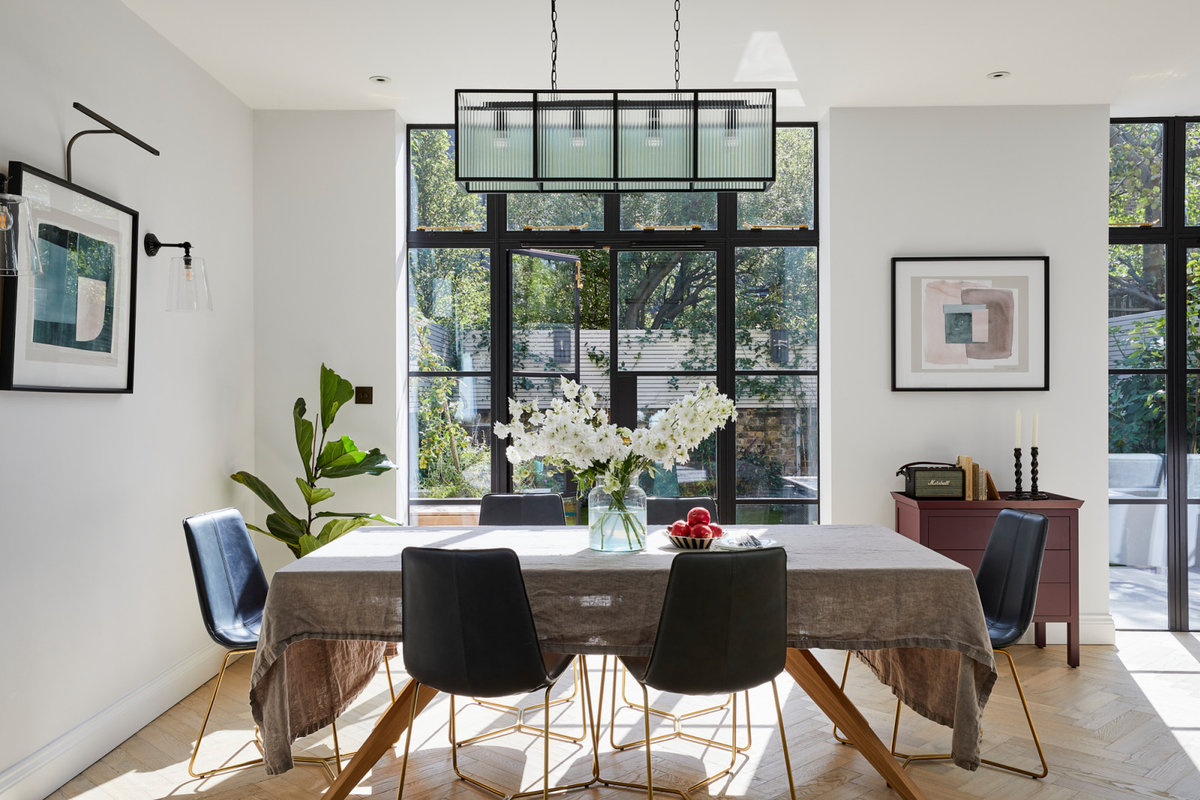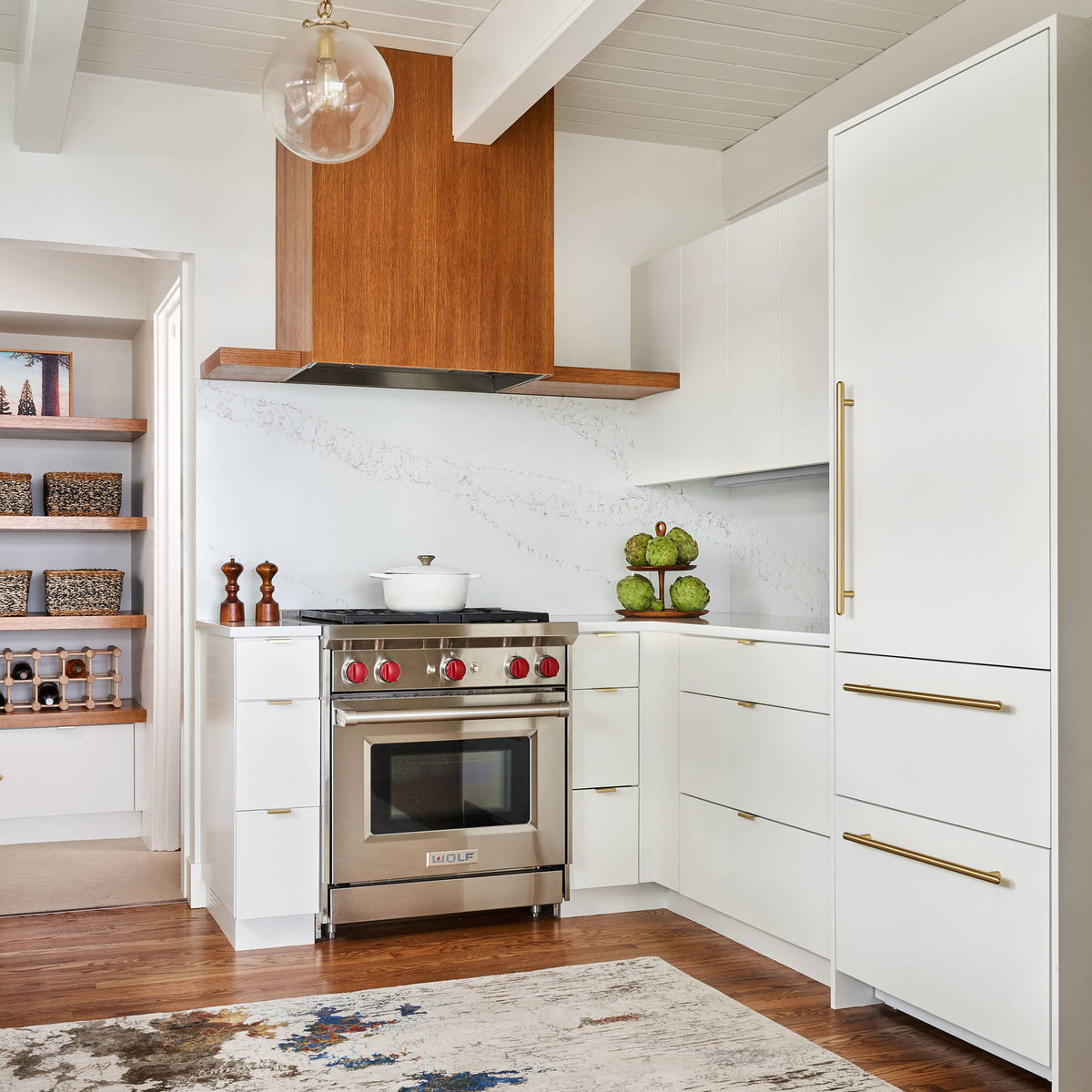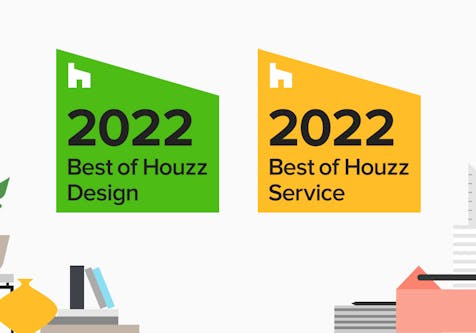Consultations: To Charge or Not?
That is the question.
It’s important to qualify potential clients before both parties agree to work with each other. After all, home renovation pros get deeply acquainted with clients and their homes over the course of a home improvement project. Pros may want to meet the clients in person and see the environment they will be working in as part of that qualification, which can happen at the consultation. The consultation is a valuable opportunity to meet the potential clients, learn their needs, and show off your knowledge and expertise as a home renovation professional.
However, not every consultation will result in a project, so how do you make sure you’re using your time wisely? Whether you charge for consultation or not, it should make sense for your business.

Offering a Free Consultation
To start, let’s discuss the strategy of offering a free consultation. Pros who offer a free consultation highlight that it allows them to meet more potential clients, giving them a chance to sell themselves. With more opportunities for sales, the logic is that it will be easier to fill the pipeline. Industry experts say that offering a free consultation makes more sense for businesses that do not have a lot of variety between what projects they take on – where the pro is almost selling a product, not a customised or design-oriented solution.
Notably, this option does seem to be less popular among pros in the Houzz community. Some say they only offer free consultations when they are short on leads and really need to get a new project in the pipeline. Many pros say they offered free consultations when they were first building their business but later updated their rates to charge for consultations.
“My office doesn’t charge a fee for the initial consult as we see it as an opportunity to learn if the project is right for us just as much as if we are right for the owners. There are certainly times when folks have tried to take advantage and glean more information or ideas than is really appropriate but it is up to us what we share and what we keep until an agreement on service has been reached.”
Heather Susemihl, McCall Design and Planning
"In 1991, I abandoned the consultation fee. It was effective at weeding out time wasters, but there have been many times when the ‘gifted’ 90 minutes of time has turned into hundreds of thousands of dollars over multiple projects.”
Jan Moyer, Interior Designer
Charging a Fee
Charging potential clients a consultation fee ensures that your time doesn’t go to waste if the homeowners decide to take their business elsewhere. Pros who charge a consultation fee consider it a way to quantify the value for their service, ideas and time. Some also see charging a fee as part of the qualification process. The tradeoff to charging a consultation fee is that it may deter some prospects from reaching out to you.
If you do charge a fee for your service, describe what potential clients will get out of the initial consultation to set their expectations and communicate the value that you provide. For example, will you give them ideas on colour, provide a rough sketch with a layout, suggest materials, give them a budget estimate, or bestow any other takeaways?
“I have charged an in-home consulting fee for the past 15 years after a mentor convinced me that my time and knowledge was valuable. I request that a prospective client complete and return a questionnaire to me prior to our scheduled appointment. During the in-home consultation, we review the questionnaire, and we ask the homeowner to express their design ideas and aspirations and we review what is feasible based on the structure of the home and the budget specified. By the end of the consultation, the homeowner has realistic budget parameters for their project criteria and timeline for completion of work. The exchange is very equitable and all parties feel respected.”
Molly McCabe, A Kitchen That Works
"I charge to go look at a new project. I have had people outright say ‘no’, and it saved me time. Travelling, measuring, and listening all takes time, not to mention quoting. While I know we feel the pressure to not charge for the consultation or deduct it later, I won’t deduct that fee as it makes it look like the time I took to do the initial consult really wasn’t worth anything after all.”
Julie Thome, Julie Thome Draperies
Paid, but Credited
Charging for the consultation but crediting it to the project, if the client moves forward, is a compromise. It ensures that the homeowner compensates the pro for their time, but gives the client a little break on the cost. The credited fee may also serve as an incentive for a prospective client to do more research about you and your firm before reaching out. This gives you the added benefit of a well-informed and serious prospect.
“For many years, I would do a free initial consultation but I found that homeowners interview many different people for a job. I would spend a ridiculous amount of time just meeting potential clients. A good many of them just wanted free advice. When someone pays me to come out, I know that they are serious about hiring me. I’m happy to give potential clients ideas and advice because they are paying for my time. I charge a fee that I deduct from the project if I am hired. For me it has been a win-win.”
Debbie Gliksman, Urban Oasis
“I have seen both sides of this equation; where I feel I will scare them off and also where I feel if they aren’t willing to value my expertise and time, they aren’t a fit for my business. I think I have come up with a fair solution. I now tell them the initial consultation fee and what it will cover: a reasonable meeting where we exchange ideas based on my expertise. I then tell them that I will refund half of this if they decide to move ahead with my firm. I have found that most are receptive to this.”
Jason Ballinger, JLB Design

Free Meeting
Some pros are willing to meet in the middle between a free and paid consultation. Offering a free meeting in your office, studio, or in a neutral location that’s convenient for you can help you qualify the prospective client. You can meet the homeowner and build rapport while not having to expend your time or resources travelling to their location.
We’ve seen pros on Houzz differentiate a meeting from a consultation because there’s no advice given. The meeting is an informational session for both parties to get acquainted, for the homeowners to understand more about the specific process with that company, and for the pro to learn more about the scope of the homeowner’s project.
A free meeting where the client comes to you also closely aligns with how consumers shop for most other products. People who want to inspect a product before purchasing it, whether it’s a car, a watch, flooring, or furniture, usually have the option to go to a shop or showroom to see it in person before buying. Offering a free meeting may be an effective sales tactic for those shoppers who do a lot of research before making purchasing decisions.
“For a long time I offered a free consultation, but recently have switched to charging for that time if I am meeting a prospective client at their home. I do still offer a free 30-minute meeting if the meeting is to take place at my office; but travelling to them, which usually takes at least two hours, if not three or four, simply doesn’t often enough result in an accepted proposal for a free consultation to make sense.”
Don R. Titus, Residential Designer
"I offer potential clients the option of coming to my office for a free 30-minute meeting. About 50% of the people who take me up on the offer end up hiring me.”
Theresa Guthals, Pikes Peak Interiors

Qualification Worksheet
Knowing what your ideal customer and ideal project looks like will simplify screening enquiries and qualifying leads. Think about your past projects and hypothetical future projects when filling out this worksheet. Once you have created this persona, compare it to your new project enquiries to understand quickly if you want to move forward with setting up a consultation
Ideal Client Demographics
- What areas do you want to work in? Are you willing to travel for special projects?
- What is the ideal age range you want to work with?
- Does your ideal client have a family or are they single?
- Based on your project cost, what would the ideal household income level be?
Project Logistics
- What types of projects do you want to work on most?
- What timeline works best for your projects?
- What is your ideal project budget?
- What’s the minimum project budget?
Working Style and Project Motivations
- What is your ideal client looking to achieve through this project?
- Do you prefer to work with clients who are hands on or hands off?
- Are you willing to educate clients who are unfamiliar with the home improvement process, or would you prefer a client who has experienced this before?
Business Management & Growth
Regardless of if you decide to charge for the initial consultation, one way to build your business is to invest in software that can help you streamline the project process and get more enquiries that allow you to set up more consultations.
Sign up for Houzz Pro, our all-in-one solution designed for residential renovation professionals. You’ll get access to powerful project management tools to speed up the project process, and 3D rendering tools and a client dashboard to provide a smooth customer experience. Whether you want new business enquiries, branding, assistance building your Houzz profile, or a managed website, Houzz can help you reach your marketing goals. Join the many other professionals who have built their businesses on Houzz.
You can download these useful tips as a PDF document by clicking here.

